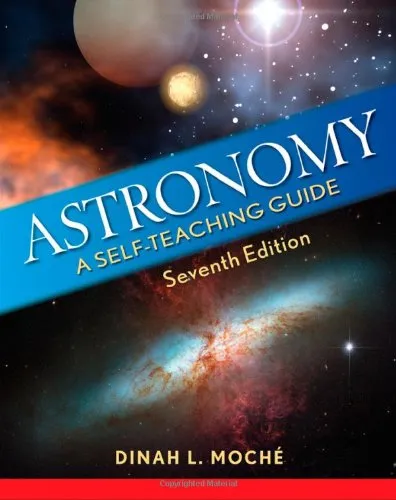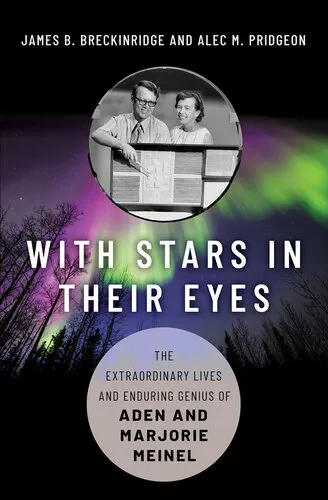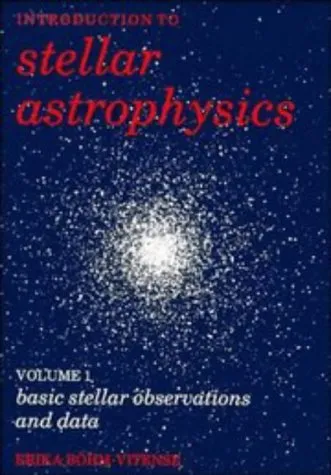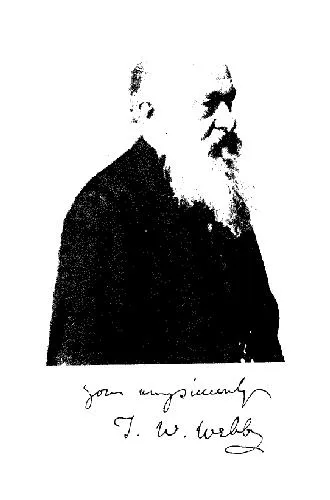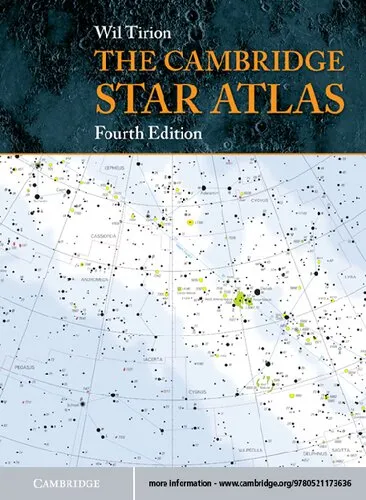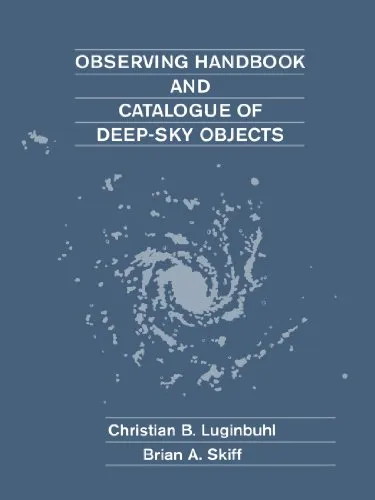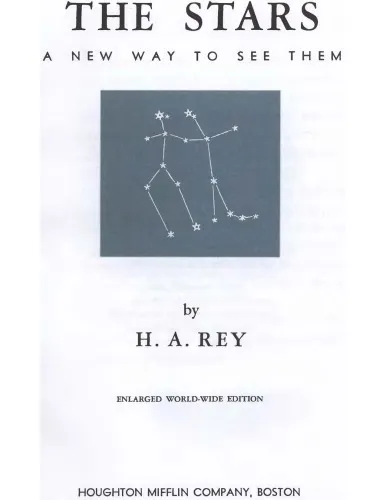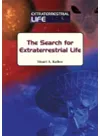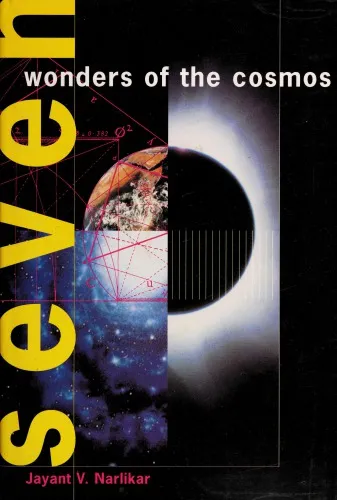Measuring The Universe
4.5
Reviews from our users

You Can Ask your questions from this book's AI after Login
Each download or ask from book AI costs 2 points. To earn more free points, please visit the Points Guide Page and complete some valuable actions.Related Refrences:
Introduction to Measuring the Universe
In Measuring the Universe, Kitty Ferguson takes readers on an extraordinary journey through the history of humanity's attempts to measure the cosmos, from the earliest days of astronomy to the sophisticated technologies of the 21st century. This book masterfully weaves together scientific achievement, human curiosity, and the profound awe of the universe, presenting the story of how we’ve unraveled the dimensions of creation.
Written in clear and captivating prose, the book is as much about how we came to know what we know as it is about the science itself. Ferguson begins with the ancient methods of measuring the world—by exploring the size of the Earth and the concept of the celestial sphere—and extends through to contemporary approaches that span galaxies and even probe the nature of spacetime itself.
The narrative includes the remarkable individuals whose brilliance and persistence made these measurements possible, starting with ancient philosophers like Eratosthenes and astronomers of the Islamic Golden Age, and continuing to modern physicists and astronauts. The book not only educates but also inspires by demonstrating the ingenuity of human progress. Whether you’re a seasoned astronomer, an amateur stargazer, or simply fascinated by how we understand our place in the universe, Measuring the Universe is a compelling read.
Detailed Summary of the Book
At its core, Measuring the Universe is about exploration—exploration not only of celestial distances but of human ingenuity and determination.
The book begins with ancient civilizations pondering the scale of their surroundings. Measurement techniques such as the lengths of shadows, the timing of eclipses, and simple geometry gave early astronomers remarkable insights into the dimensions of Earth and its place within a broader, unfathomable cosmos. Eratosthenes’ calculation of Earth’s circumference, Ptolemy’s geocentric model, and later corrections introduced by thinkers of the Renaissance are explained in detail.
As humanity progressed into the age of scientific revolutions, Ferguson traces the contributions of Isaac Newton, Edwin Hubble, and others in furthering our grasp of cosmic dimensions. The book delves into the measurement of the astronomical unit (the Earth-Sun distance), the advent of parallax in gauging the distances to stars, and how modern astronomers use tools like Cepheid variables and supernovae to measure galaxies billions of light-years away.
Ferguson also brings readers to the frontiers of scientific thought, discussing the implications of Einstein’s theories of relativity and modern interpretations of spacetime curvature. The book ends with a look toward the future, where precise space telescopes and advanced instruments such as the Hubble Space Telescope and successors like James Webb aim to uncover even more profound truths about our universe.
Key Takeaways
- The process of measuring the universe is not only about science—it's a story about human perseverance and ingenuity.
- Even with rudimentary tools, ancient civilizations achieved astonishing feats of measurement, laying the groundwork for modern astronomy.
- The development of measurement techniques directly correlates with technological and scientific progress.
- Modern technologies like space telescopes enable astronomers to measure cosmic distances with incredible precision, further revealing the complexities of spacetime.
- Understanding the scale of the universe changes our perspective and underscores the interconnection between human curiosity and vast, cosmic mysteries.
Famous Quotes from the Book
Measuring the Universe is full of gems of wisdom that compel readers to think deeply about the scope and scale of cosmic exploration. A few notable quotes include:
"Even the simplest measurements—casting a shadow or observing the arc of the stars—hold the promise of unlocking cosmic secrets."
"The act of measuring the universe is as much an act of discovery as it is an assertion of humanity's place within infinity."
"In the stretch of time and space, our ability to measure is testament to both our insignificance and our magnificence."
Why This Book Matters
In an era dominated by technological progress, Measuring the Universe serves as a timely reminder of where it all began—as well as how far we’ve come. Kitty Ferguson doesn’t merely recount facts and figures about astronomical measurement; she brings to life the personalities, challenges, and triumphs behind the science.
The book’s significance lies in its ability to translate complex scientific ideas into a story that is both accessible and inspiring. Ferguson connects readers emotionally to the process of learning and growing in knowledge, making it an invaluable contribution to popular science literature. For anyone eager to better understand their own place within the vast stretches of space, this book is not just educational; it’s transformative.
By exploring our urge to measure and quantify, Measuring the Universe also reveals something intrinsic about human nature: a desire to comprehend the incomprehensible, to reach beyond our limits, and to embrace the mysteries of the cosmos.
Free Direct Download
You Can Download this book after Login
Accessing books through legal platforms and public libraries not only supports the rights of authors and publishers but also contributes to the sustainability of reading culture. Before downloading, please take a moment to consider these options.
Find this book on other platforms:
WorldCat helps you find books in libraries worldwide.
See ratings, reviews, and discussions on Goodreads.
Find and buy rare or used books on AbeBooks.
1492
بازدید4.5
امتیاز0
نظر98%
رضایتReviews:
4.5
Based on 0 users review
Questions & Answers
Ask questions about this book or help others by answering
No questions yet. Be the first to ask!

